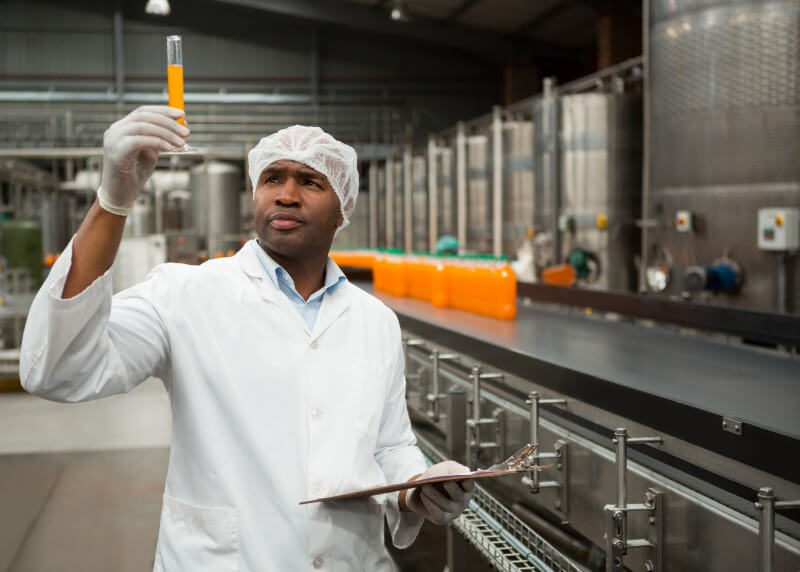Driving Change in the Food Industry through Industrial Equipment

Sustainability is not a buzzword anymore. In the food industry, sustainability is a requirement. It is a driving force that shapes the industry and consumers’ food intake. As of today, the manufacturing players in the market, especially those in the food industry, take major responsibility for producing the food and preserving the manufacturing for future generations.
The statistics of the food and beverage industry incline towards a major sustainable consumption pattern; however, this shift is only possible through innovative practice and implementing change as a sustainable driving movement. Environmental consciousness and embracing sustainability have now become the norm in the food industry, and this is achieved through a top eco-friendly growth in industrial equipment.
Green Movement
The industrial equipment embraced the green shift as a forefront factor. In the food industry, where environmental concerns are hard to align with growth and quality, industrial equipment plays a vital role in creating a sustainable path for green movement. Industrial equipment adheres to sustainable guidelines where manufacturers reduce waste, conserve resources, and mitigate environmental impact. Such green practices lead to quality products.
Efficiency meets ecology.
The implementation of industrial equipment needs to have a high level of compliance. The regulatory requirements and driving meaningful change in cutting-edge technology are what shape the food industry. With energy-saving technologies, automation, and proper water and waste recycling practices, the environment is optimized with less harm and more resource utilization. Sustainable industrial equipment in any food plant paves the way towards a greener future and is thus considered a game changer.
The Power Partnership
The most prominent path to sustainability is energy, and renewable energy sources in their pure form act as a powerful partnership for the food industry. Food and industrial equipment are run on many renewable energies, such as solar, wind, and biomass; even geothermal energy is used in industries. Although there are challenges in this practice, reducing the carbon footprint leads to cost savings and reduces dependence on fossil fuels. This powerful partnership advances the commitment towards preservation, innovation, and productivity.
Meeting the demand for sustainability
As consumers become more aware of their environment, there are constant issues, and demand for greener practices is increasing. In today’s era, consumers are more conscious of their high-quality food and seek assurance. Industrial equipment compliance is the driving force behind purchases aligned with the manufacturers for head-on demand and environmentally responsible food. The increasing demand for sustainability among consumers made the manufacturers realize their contribution to the consumer and the environment.
The future of food production
From a contemporary viewpoint, the future of the food industry continues to expand, and with industrial equipment, the expansion continues to look bright. This is further promising with the integration of innovation and artificial intelligence. The steadfast commitment towards sustainability by manufacturers and plant owners is endless, and this charts the course for a greener future.
Sustainable stands in the food industry are more than a trend. They are the driving force behind positive change, and compliance with these changes results in eco-friendly investment. M&M Equipment paves the way for a healthier and more sustainable future through their standardized equipment for food processing plants and reducing carbon footprints.
